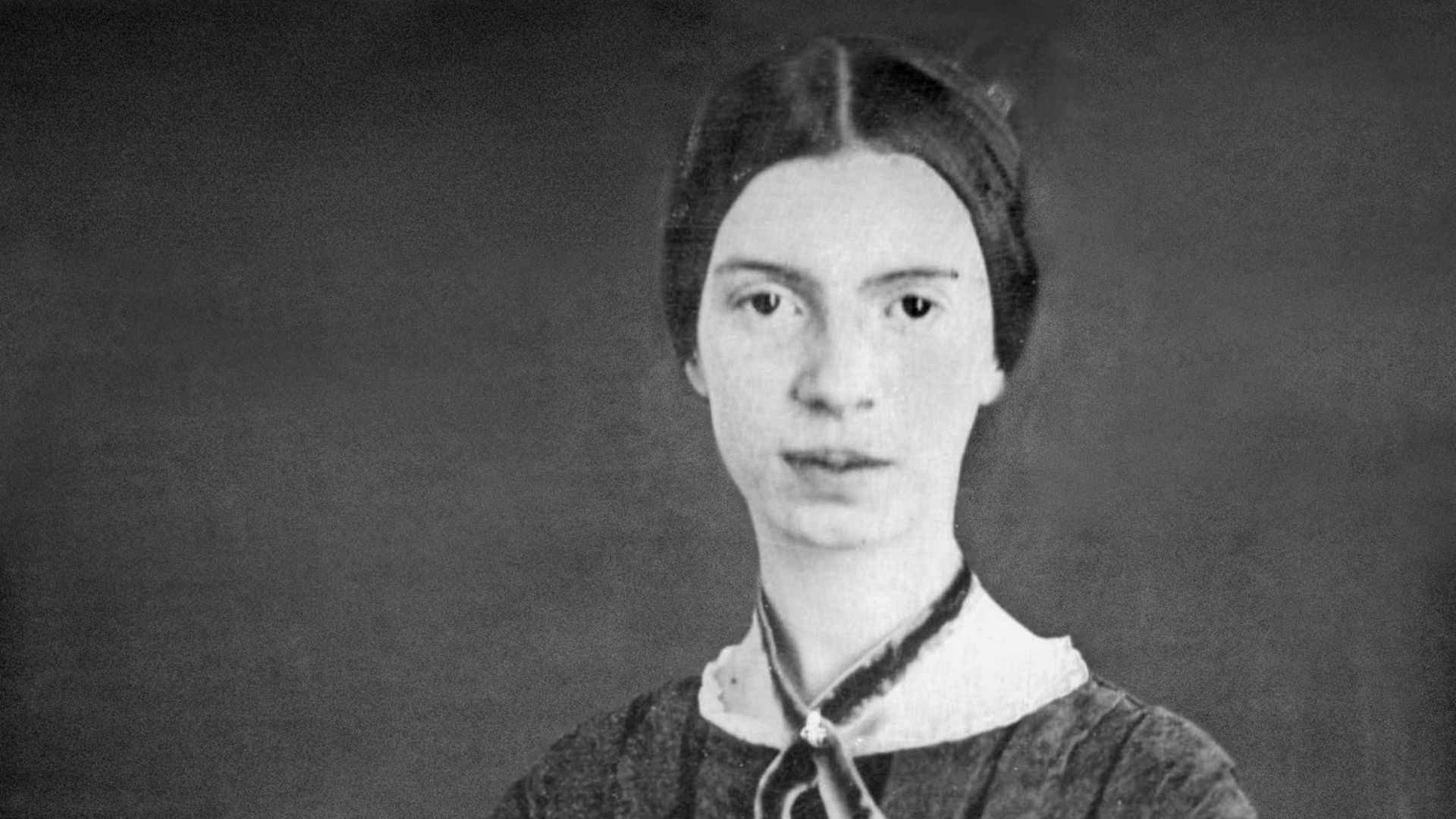A Loss Of Something Ever Felt I Comments
959
A loss of something ever felt I—
The first that I could recollect
...
Read full text
An wonderful presentation of stream of thoughts passing through the subconscious mind in young age by witnessing a death of some one known.
The last stanza of Emily Dickinson I regard as the most Beautiful: And a Suspicion, like a Finger Touches my Forehead now and then That I am looking oppositely For the site of the Kingdom of Heaven—..................Mesmerizing poem. We have to understand ED, she is not an average poetess. CONGRATULATIONS being chosen as The Classic Poem Of The Day. Hurray!
Elder, Today, a session wiser ........ I find myself still softly searching For my Delinquent Palaces.............// excellent expression /// the loss in too young to suspect! but now in delinquent recollection!
Excellent poem ++++++++10+++++Congratulations10+++++++++
A brilliantly realised meditation on lost innocence and alienation.
Emily D's " looking oppositely for the site of the Kingdom of Heaven" ... Aldous Huxley's The Perennial Philosophy, Evelyn Underhill's " Mysticism" ...Plotinus...the writings of Idries Shah...true poet that she was, she early noticed everyday life's incompleteness and refused easy answers.
'Bereft I was—of what I knew not Too young that any should suspect' - the two simple sentences of the poem that I liked.
Again it relates to the feelings on bereavement, parting, death when she was too young to understand what it is.............so poignantly narrated......excellent....thanks for sharing......10+++++++++++++++++++++++++++++++++
Here's Part 1 [amended].... [for the 47th time]. [ PH strikes again. ] On the surface, it looks like she is talking about attending a funeral when she was a child “too young” to understand and comparing that experience to later being an and still not understanding death.
Part 1. On the surface, it looks like she is talking about attending a funeral when she was a child “too young” to understand and comparing that experience to later being an and still not understanding death.
Part 3. But it might be about something else... not death but a loss of innocence perhaps... a feeling that she was deprived of what children normally have...She both seems to sadly forgive those who hurt her and then blames them for not noticing that she was suffering but then again nobody is capable of noticing the suffering of others.. A lot of repressed anger here.
Part 2. She suffers as she struggles to get meaning from it. She expresses anger against the world for being indifferent to her suffering, but turns around and criticizes her own self-pity.
this brings to mind the statement of st. augustine, our hearts are restless till they find their rest in thee. perhaps emily was familiar with it. i understand this loss she felt as something universal, as something that sets us searching for a deep an unnamed loss or hunger. -gk

In this poem, Emily Dickinson is comparing attending a funeral during childhood, where she was “too young” to understand, to the later issue of being an and still not understanding death, and being afraid that she is looking at it all wrong.